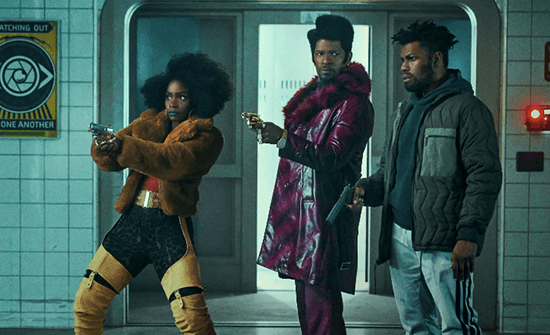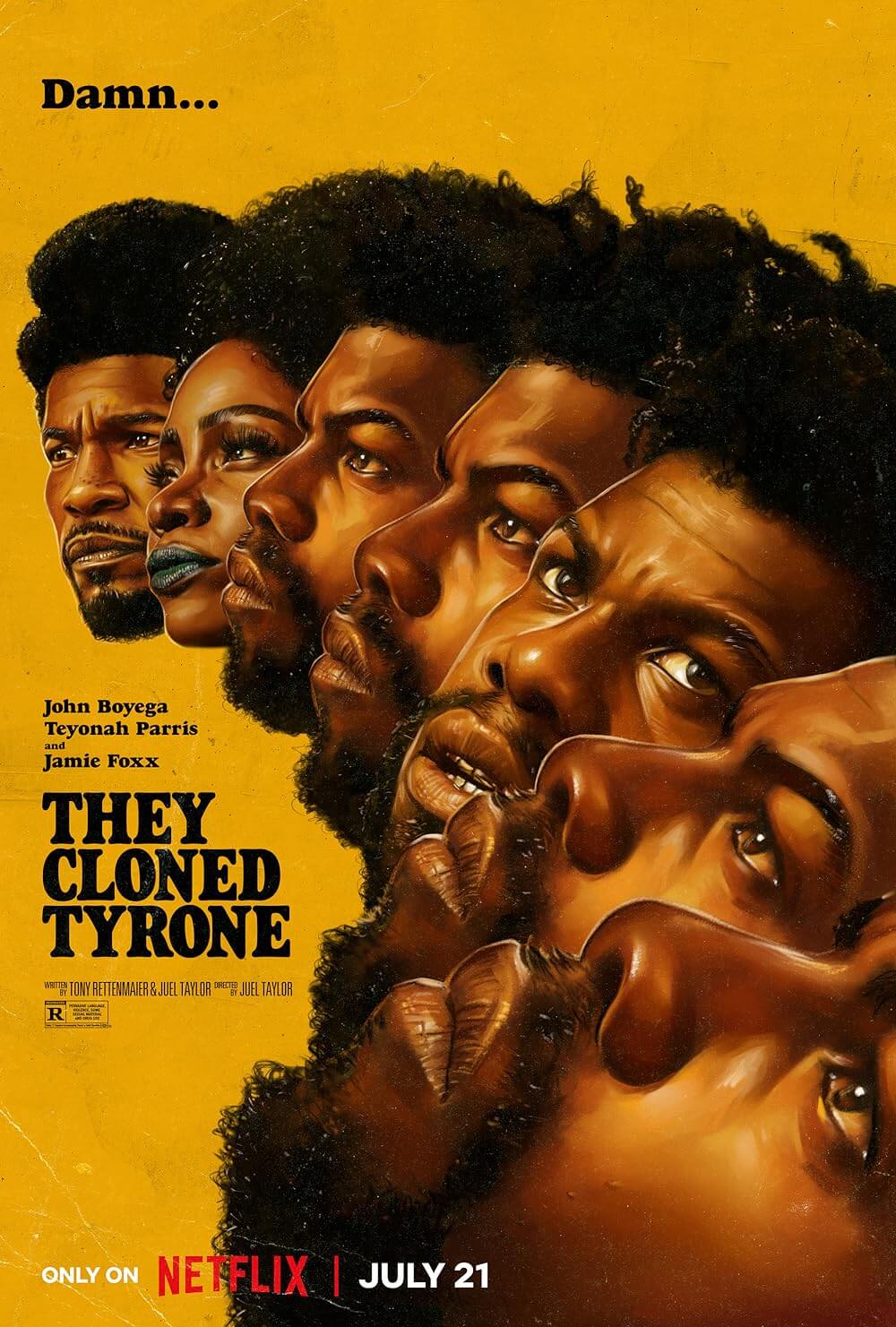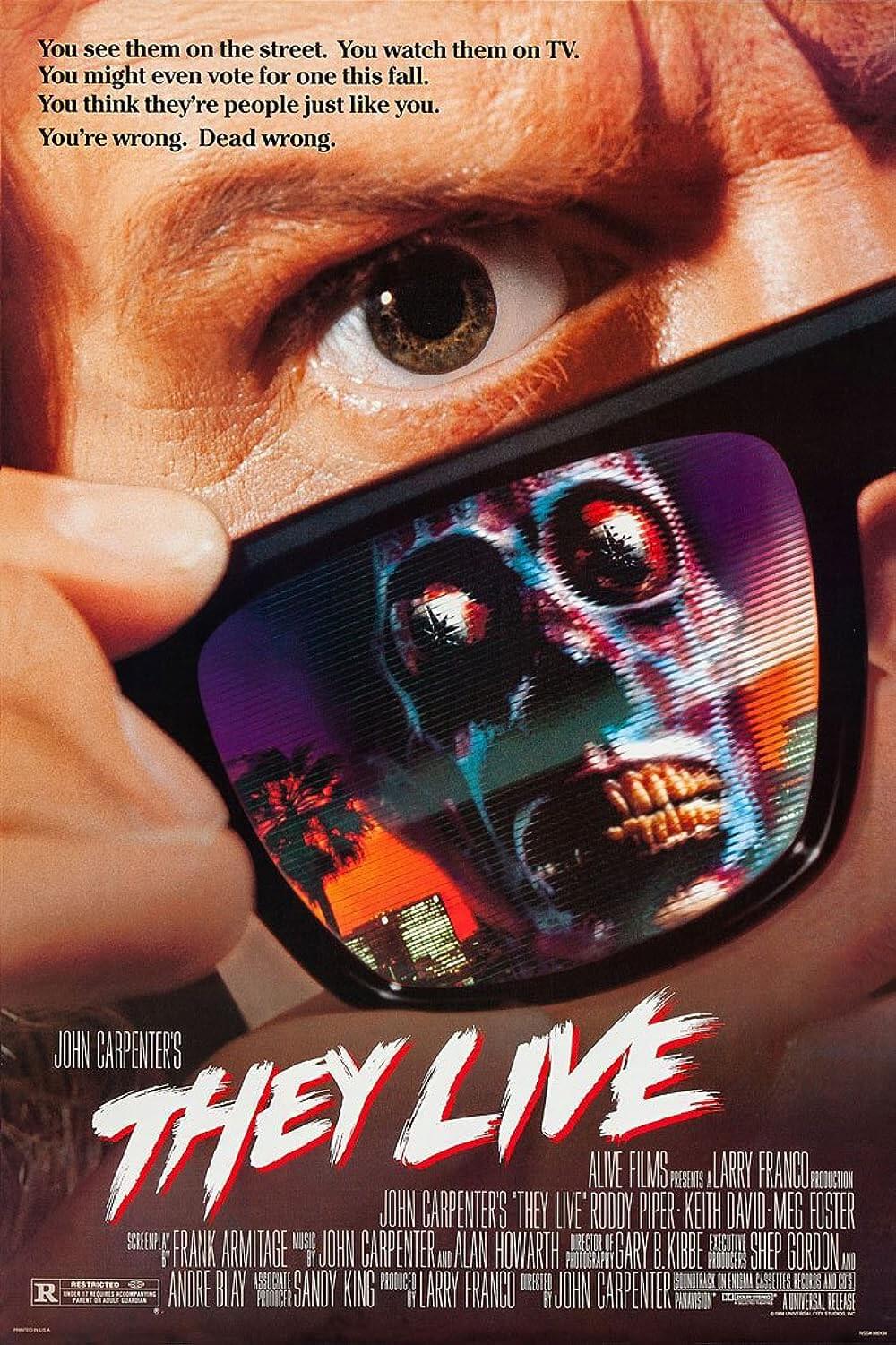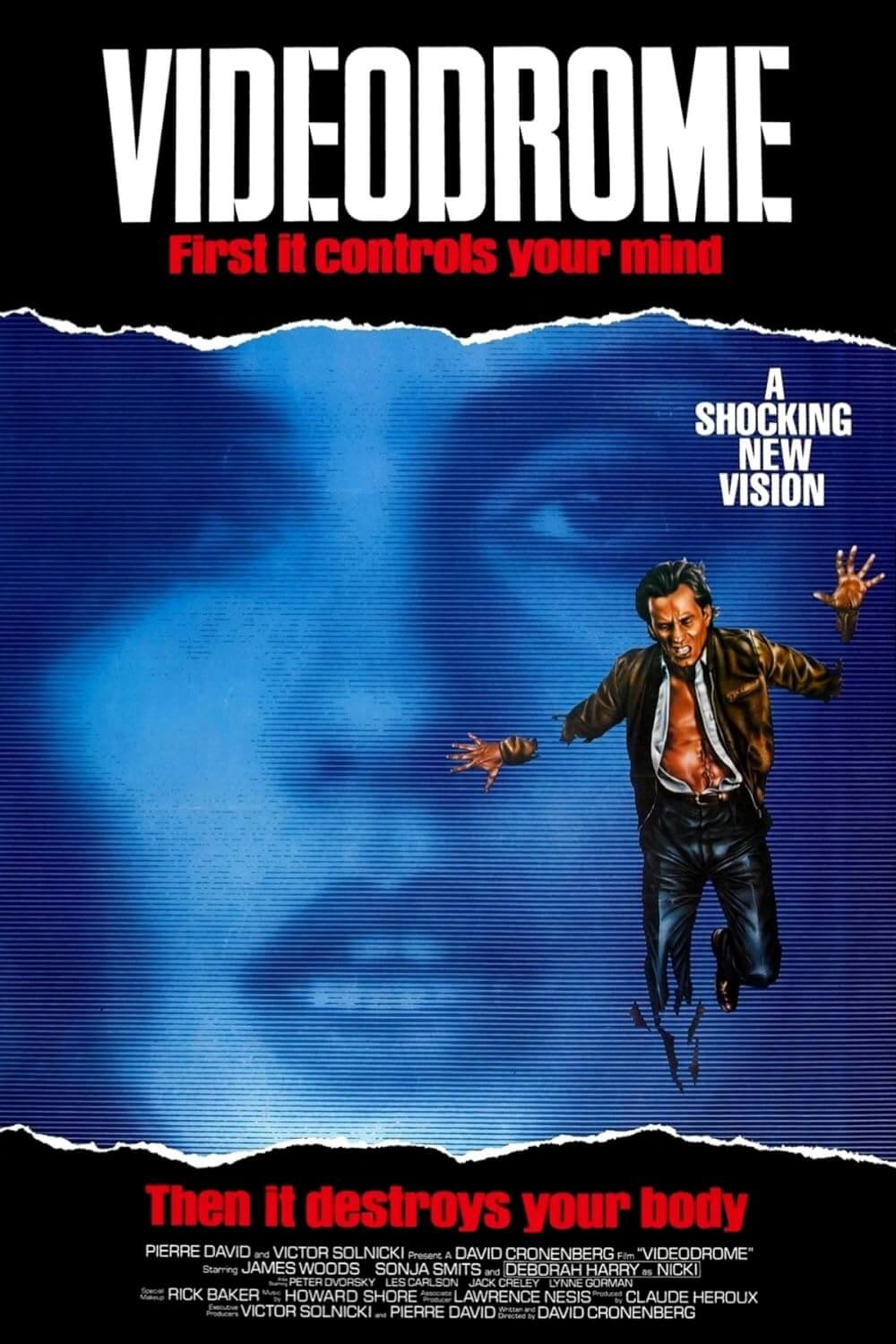Reader's Choice

They Cloned Tyrone
By Brian Eggert |
At once a throwback to Blaxploitation and a work of paranoid science fiction, They Cloned Tyrone is an imaginative and deliriously entertaining conspiracy thriller. Its director, Juel Taylor, has made a film that unfolds with patience, telling a story that, today, seems destined for Netflix’s overcrowded servers. It’s too idiosyncratic to earn a wide release in theaters, where the average moviegoer refuses to take risks on anything that doesn’t look prepackaged to the specifications of mass consumption. So it’s doomed to the streaming wasteland, where only word of mouth might earn its place on the coveted “Top 10 Movies in the U.S. Today” slider. That it was made at all seems like a triumph. Along with similarly out-there and socially conscious genre experimentations by Black filmmakers—ranging from Jordan Peele’s Get Out (2018) to Boots Riley’s Sorry to Bother You (2018) to Jeymes Samuel’s The Harder They Fall (2021)—Taylor’s film has many antecedents but adopts a tone that feels wholly innovative. It’s like nothing we’ve seen before, even though it reminds you of some of your favorite movies.
In my notes, I scribbled down a few titles that came to mind: John Carpenter’s They Live (1988), Quentin Tarantino’s Jackie Brown (1997), the Wachowskis’ The Matrix (1999), Spike Lee’s Bamboozled (2000), and Drew Goddard’s The Cabin in the Woods (2012), among others. Even though They Cloned Tyrone samples these and many other classics of the sci-fi and Blaxploitation genres, it’s not a banal reference machine that feels like a series of homages strung together. This is an important distinction that so few filmmakers know how to make. By simply replicating scenes from movies they love, a filmmaker invents nothing except nostalgia and reflection. By allowing the movies they love to inspire them, a film can add to the conversation instead of just parroting it. Taylor understands this difference and executes on the latter, delivering a film that may bring to mind other favorites yet feels wholly autonomous in its vision.
Set in a fictional Southern town called The Glen, the film’s world feels self-contained in what the license plates indicate is “A Swell Place.” John Boyega stars as Fontaine, a drug dealer with a tragic past shaped by a younger brother who died in a police shooting and a mother who won’t emerge from her bedroom because she’s watching her stories. Fontaine might be the protagonist of a ‘90s-era urban drama, except he’s more than that. So are the resident pimp, named Slick Charles (Jamie Foxx), and one of his sex workers, Yo-Yo (Teyonah Parris). They all inhabit stereotypes, and even the look of the film, shot by cinematographer Ken Seng, resembles a grounded drama by the Hughes brothers or John Singleton. The visible grain and dark color palette contain dust specks and cue marks, as though the film has been teleported from a 1970s grindhouse theater to our homes. Netflix categorizes They Cloned Tyrone as a “sci-fi comedy,” but the presentation has the appearance of something far more severe and textured.
Not long after Fontaine is shot dead by his competition after collecting from Slick Charles, he awakes in bed with no memory of what happened. Only later, when he tries to collect from Slick Charles again, does he learn of his death. Along with Yo-Yo—whose love of Nancy Drew mysteries compels her belief that no matter how complex things may seem, following the clues will always lead to a simple explanation, or some “missionary shit” as she calls it—they investigate. What they uncover in their search is tantamount to Jim Carrey’s discovery in The Truman Show (1998)—their world is merely a façade, and the people behind the curtain have been controlling everything. But they’re not mere entertainment for the masses. The Glen is a testing ground for consumer products designed to keep populations, specifically Black communities, under control, as part of a vast plot. “Winning the Race of the Future” is the loaded slogan that Fontaine and company see stenciled on the walls of an underground lab filled with clones of The Glen’s inhabitants. But it’s a slogan for white scientists trying to unite America by subduing and eliminating Black people over generations.

The actors in They Cloned Tyrone commit to the material, never overplaying the humor or irony in a way that would render the proceedings into a joke. Though the costumes by Francine Jamison-Tanchuck and the characters’ hair would suggest caricatures, Boyega gives Fontaine a sense of genuine existential crisis in the desperate, unsure way he says, “I’m me.” Foxx reminds us that he’s an expert at physical comedy here. And Parris once again shows the range she’s displayed since her debut in Spike Lee’s Chi-Raq (2015). The only weak spot might be Kiefer Sutherland, who plays a henchman saddled with expositional dialogue and an unconvincing Southern drawl. More on point is the music by Desmond Murray and Pierre Charles, which alternates between funk and electronica in a dazzling alignment with production designer Franco-Giacomo Carbone’s use of LED lights and cold labs below ground to counteract the earth tones of The Glen above.
A graduate of the University of Southern California, Taylor could have made a commercially mainstream effort for his debut feature. His early writing credits on Creed II (2018) and Space Jam: A New Legacy (2021) suggest he has a knack for manufacturing Hollywood-friendly fare. Writing They Cloned Tyrone alongside his former classmate, Tony Rettenmaier, Taylor conceives of something far more inspired and out-there than a formulaic sequel or reboot. He tackles issues such as institutional racism and the authenticity of identity under oppressive regimes, which remain central to sociopolitical conversations today, yet he does so with a witty script and inspired, genre-bending ideas. He takes bold risks, too, which reminded me of the questions posed by Lee’s Bamboozled. By depicting a Black culture of pimps and gang members who enjoy 40-ounce drinks and fried chicken, does Taylor perpetuate negative stereotypes? Or does he deploy them to make a point? Does this form of satire perpetuate the problem or comment on it, and are audiences smart enough to know the difference?
While confronting the viewer with such questions, They Cloned Tyrone’s sense of humor or sheer entertainment value never dissipates. Taylor doesn’t turn his film into a preachy diatribe on racial politics; he understands that genre can be used to communicate loftier ideas. Thinking about these social problems doesn’t need to feel like attending a lecture, and that’s what many politicized Hollywood movies today get wrong, often to tiring effect. Even if we agree with their messages, we don’t need to be struck over the head by them. Taylor makes his point in a manner that’s both unmistakable and avoids employing the rhetoric of activism, allowing the film’s aesthetic, performances, and downright gonzo plotting to occupy the viewer’s attention. Sure, Taylor helped the medicine go down with ample amounts of sugar, but that’s what the best genre films do well. What makes the film so memorable is that its first priority is turning over an effective science-fiction scenario in a Blaxploitation world, with hints of a mystery and conspiracy thriller, and with memorable characters and performances. Yes, it holds up under scrutiny. And it’s a lot of fun too.

Thank You for Supporting Independent Film Criticism
If the work on DFR has added something meaningful to your love of movies, please consider supporting it.
Here are a few ways to show your support: make a one-time donation, join DFR’s Patreon for access to exclusive writing, or show your support in other ways.
Your contribution helps keep this site running independently. However you choose to support the site, please know that it’s appreciated.
Thank you for reading, and for making this work possible.
Brian Eggert | Critic, Founder
Deep Focus Review







